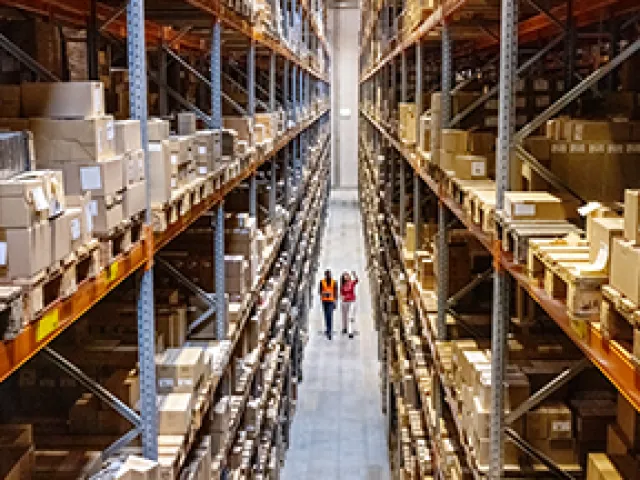Table of contents

Alessandro De Luca, Group CIO of Merck KGaA, talks about the critical success factors on the journey to enabling end-to-end supply chain digitalization and intelligent orchestration. Watch the video to learn more.
Video Highlights:
- 00:21 - How can supply chain digitalization drive strategic decision making, and what are the essential elements for success?
- 00:48 - What are the critical steps for gaining a competitive advantage through intelligent supply chain orchestration?
- 01:25 - How is Merck KGaA leveraging data generated from the digital supply chain to fuel AI initiatives?
- 01:25 - What are the most valuable lessons Merck KGaA has learned on its supply chain digitalization journey?
TRANSCRIPT
TRANSCRIPT
My name is Alessandro De Luca. I am the group CIO of Merck KGaA, based in Germany.
Supply chain digitalization is a combination of three elements: data, and the processes, and people knowledge. All this is catered by the technology behind it. But technology doesn't make the trick.
It's really having the proper data, the technology to enable them, and then the people to use it to drive decision making. When you have these three ingredients, that's where value is being created for the business.
There is a whole journey to go from a basic supply chain to really an orchestration of supply chain. That should be the vision for every enterprise in the future. The journey starts by defining the proper functional expertise with S&OP moving to integrated business planning, and then moving on to what we call 'advanced planning system' across the overall end-to-end enterprise.
Beyond that, you need to expand across the network and create the orchestration that is really the key to competitive and sustainable advantage.
In Merck KGaA, we are very strong and intentional about the use of AI in every single function from R&D, commercial, and supply chain that we're talking about today.
And this started several years ago when we developed the so-called concept of a self-driving supply chain. From that we evolve on what we call today, 'smart manufacturing' or 'smartfacturing.'
That is a program that goes across the three sectors of Merck KGaA and really it aims to drive AI-based decisions for future simulation scenarios to make our supply chain more resilient for our customers and patients.
Our learnings in this journey of supply chain digitalization has been fundamentally three. Number one, don't look for the silver bullet tool. It doesn't exist. It's really about change management and it's about people engagement and people reskilling and upskilling. Change management, people, always makes a difference.
The second element is about data and we all know that all AI data modeling works as far as the data is clean. So, I always say, "No clean data, no real value."
And the last point is really the orchestration of the overall network. Our end-to-end network, but the network of our supplier, customer, and partners. It's what we call the Network-to-Network Orchestration.








